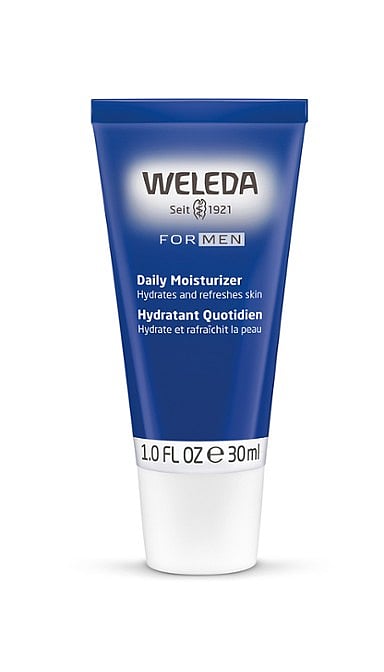Tech Versum: Explore the Future of Technology
Dive into the latest trends and innovations in technology with Tech Versum.
Moisturizer Mysteries Unveiled
Discover the secrets behind the perfect moisturizer! Unlock hydration tips and uncover the truth about your skincare routine.
The Science Behind Hydration: How Moisturizers Work
Understanding the science behind hydration is essential for effective skincare, particularly when it comes to moisturizers. Moisturizers work by creating a barrier on the skin's surface that helps to prevent water loss. This barrier is often achieved through the use of occlusive agents, such as petrolatum or dimethicone, which form a protective layer, locking in moisture. Additionally, many moisturizers contain humectants, such as glycerin or hyaluronic acid, which attract water from the environment and pull it into the skin.
Moreover, the efficacy of moisturizers can vary depending on their composition. Some products may focus more on hydration through ingredients that provide long-lasting moisture, while others may include soothing compounds like aloe vera or chamomile, which can enhance skin comfort. It's important to choose a moisturizer that is suitable for your skin type—whether oily, dry, or combination—ensuring optimal effectiveness in achieving a hydrated and healthy complexion.

Top Ingredients to Look for in Your Next Moisturizer
When searching for the perfect moisturizer, it's crucial to look for ingredients that provide both hydration and nourishment to your skin. Hyaluronic acid is a powerhouse ingredient known for its ability to hold up to 1000 times its weight in water, making it incredibly effective for keeping your skin plump and hydrated. Additionally, ingredients like glycerin and ceramides are essential as they help to maintain the skin's barrier, preventing moisture loss and protecting against environmental stressors.
Another key ingredient to seek out is niacinamide, which not only helps to improve skin texture but also enhances the skin’s elasticity and reduces the appearance of enlarged pores. For those with sensitive skin, look for moisturizers that contain aloe vera and shea butter, both of which offer soothing properties while providing deep hydration. By choosing moisturizers rich in these beneficial ingredients, you can ensure your skin stays healthy and radiant.
Is Your Moisturizer Right for Your Skin Type? Discover the Secrets
Choosing the right moisturizer for your skin type is crucial for maintaining healthy and radiant skin. Each skin type—be it oily, dry, combination, or sensitive—has unique needs that must be addressed for optimal care. Oily skin, for instance, requires lightweight, non-comedogenic formulations that won't clog pores, while dry skin benefits from thicker, hydrating creams that lock in moisture. Knowing your skin type is the first step in determining which moisturizer to select.
To help you make an informed decision, here are some secrets to identify the best moisturizer for your skin type:
- Oily Skin: Look for gel-based formulas with oil-free ingredients.
- Dry Skin: Opt for creams enriched with hyaluronic acid and shea butter.
- Combination Skin: A balanced formula that hydrates without excess oil is ideal.
- Sensitive Skin: Choose fragrance-free and hypoallergenic options to avoid irritation.
By understanding your skin's specific requirements, you can discover the best moisturizer for your needs and achieve a glowing complexion.